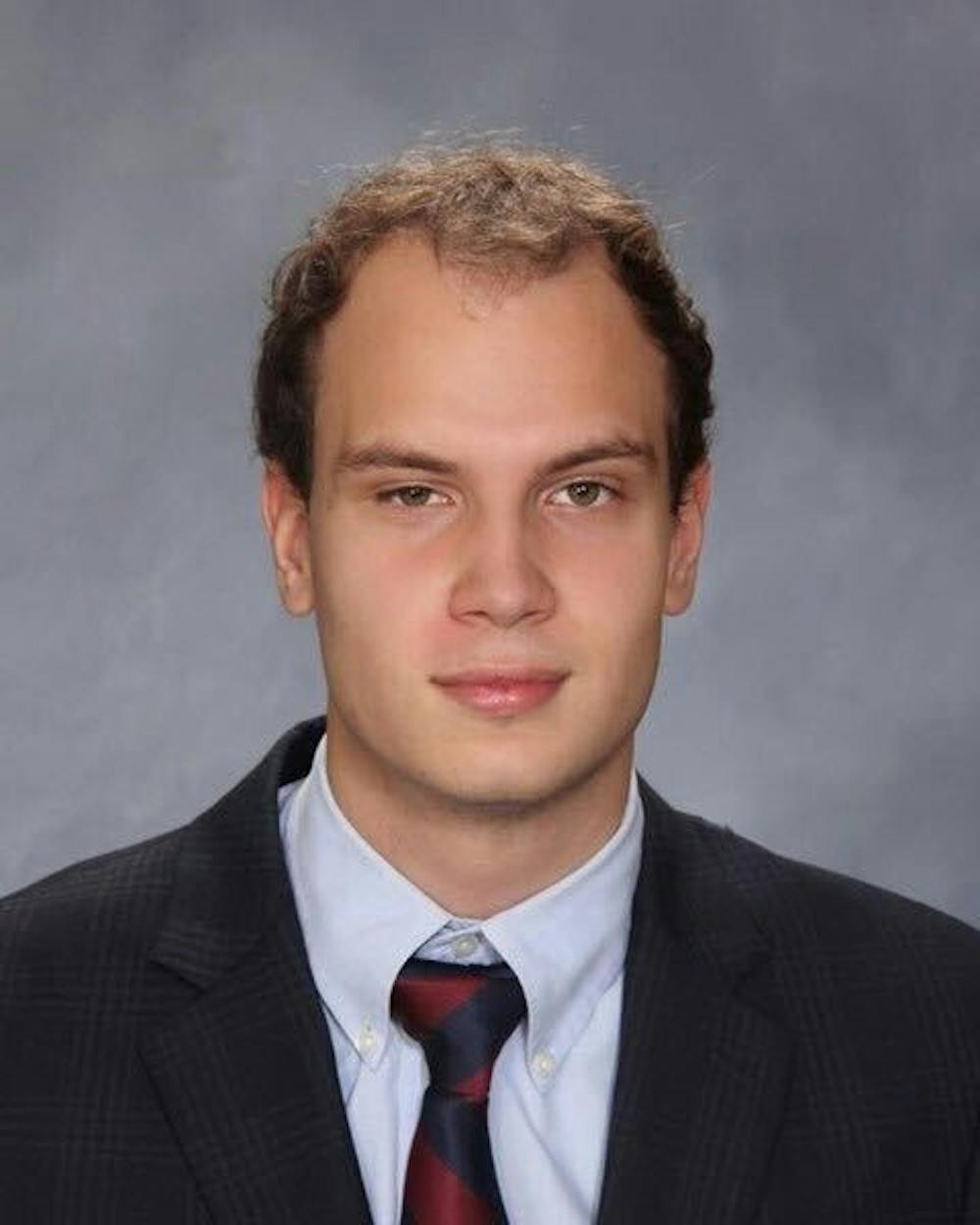There is no place like American University in the winter. Our beautiful campus and the surrounding Spring Valley, Tenleytown and Palisades neighborhoods are layered with sheets of snow, bringing forth scenes of seasonal fun. While wintertime may seem exciting inside the friendly confines of our campus gates, for many in D.C. the coming of winter means a season of shivering nights, with no shelter from the freezing temperatures. For D.C.’s unhoused civilians, cold winters are some of the many difficult and traumatic experiences they may experience.
As a community of students and faculty bound by the AU mission statement to practice the values of “community building, empowering lives of purpose, service and leadership,” we have a moral obligation to serve those less fortunate than us. Furthermore, as a community privileged enough to migrate to D.C. to live, work and learn, we also have a civic duty to aid and protect our most vulnerable and routinely marginalized neighbors: Washingtonians without housing.
Today’s D.C. is a paradox. It is a city built upon federal power, home to international financial institutions and multiple prestigious universities. It is also a land of acute socioeconomic disparities, including an unhoused population of about 5,111, which is nearly one percent of D.C.’s total population and about 7.2 individuals unhoused per every 1,000, hovering around twice the national average.
With such a large unhoused population, it is no surprise that issues of homelessness have been hot-button ones for D.C. Mayor Muriel Bowser’s administration, particularly when it comes to the question of homeless encampments. The Bowser administration’s clearing of encampments, tent communities of unhoused civilians, with bulldozers made waves throughout the city for their forcefulness. One particularly heinous incident involved an unhoused man being injured and hospitalized during a clearing.
These clearings were rightfully criticized as inhumane and garnered opposition from advocacy groups and some D.C. officials, who lobbied for a bill that proposed suspending clearings until April 2022, the end of hypothermia season. While the bill was killed by a 7-5 margin, it received backing from the D.C. Attorney general and city organizations. One of these organizations, the Council Office of Racial Equity, claimed the bill to be especially beneficial for both housed and unhoused BIPOC members of the D.C. population, providing a sliver of hope that some individuals in the D.C. government actually understand the intersectional importance of this issue.
I must note that some Bowser-led initiatives show promise, such as Stay DC, a financial rent-aid program designed to aid renters to avoid evictions and the Pilot Program, which aims to set unhoused encampment residents up with apartments or temporary hotel shelter. However, as long as bulldozers continue clearing encampments rather than build new housing, Bowser has no credibility. Any government that treats its most vulnerable and marginalized citizens as a burden and threat, akin to an invading force or unwanted pestilence, rather than as neighbors struggling from a multitude of systemic traumas, cannot be trusted to truly have the best interests of the unhoused in mind. That is why AU community members should step in.
AU students must explore the many possibilities for involving themselves in homeless advocacy, for they need not look far. Many local organizations are doing great work. Sunrise DC, an organization that has a prominent AU chapter, picketed and monitored the encampment clearings alongside fellow local advocacy groups The Way Home DC and The Live Movement. These organizations and protestors also lobbied City Council members to pass the clearing moratorium. While the last moratorium fight ended in defeat, we can win the next one through applying immense public pressure on the local government, which only happens if D.C.’s students, including AU’s, advocate for the unhoused.
Many Eagles took the lead on this issue in the past year, paving a path for fellow students to take action now. For example, junior Kayla Kelly founded Heal Da Homies, an organization that advocates for those marginalized by the intersecting oppression of systemic racism, classism and food insecurity. Last semester, Heal Da Homies provided students the opportunity to use their remaining meal swipes to provide food for unhoused individuals, meaning students could help make a difference with the swipe of a card.
Joining any of these organizations or simply donating time and money could be lifesaving for an unhoused person. Even reposting addresses for local shelters and warming centers on social media can mean the difference between a warm night’s sleep and hypothermia. When it comes to critically important issues like protecting the unhoused, every little action helps.
If we Eagles can fly together with our unhoused neighbors by working alongside local advocates, amplifying unhoused voices and lobbying against anti-homeless policy, we truly can live up to our call to service.
PJ Cunningham is a freshman in The School of Public Affairs and a columnist for The Eagle.





